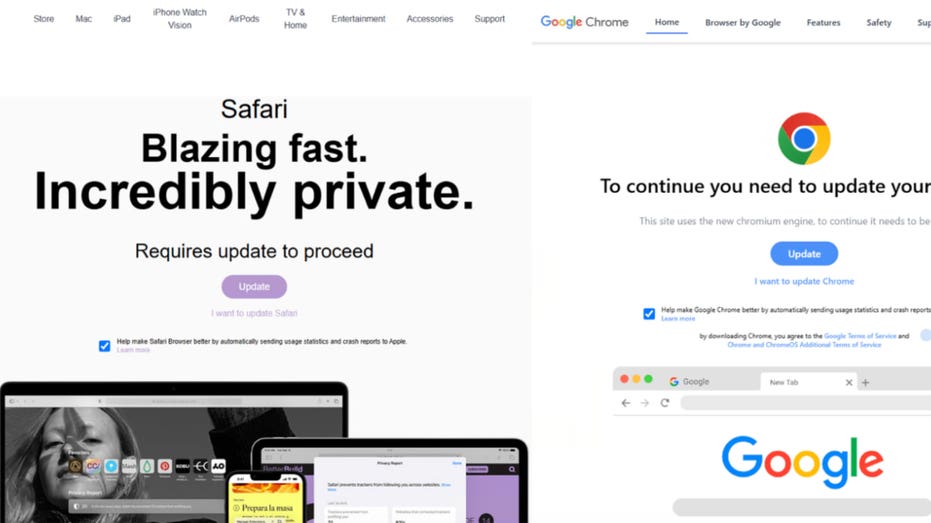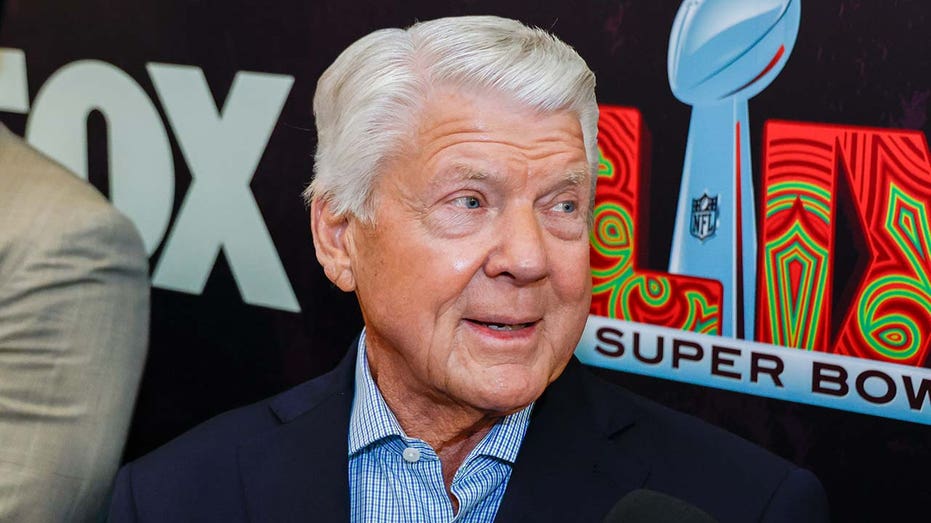- by foxnews
- 04 Mar 2025
?A weird meta experience?: artist has @metaverse handle restored after Meta disables it
‘A weird meta experience’: artist has @metaverse handle restored after Meta disables it
- by theguardian
- 15 Dec 2021
- in technology

Thea-Mai Baumann's Instagram profile is an eclectic mix of pink-lipped selfies, David Bowie memes, colorful recordings of her hologram artwork, shots of skyscrapers in Shanghai and portraits of friends tinted in Valencia, Amaro and Toaster, all filters from Instagram's early days.
Baumann's account, which operates under the handle @metaverse, features 10 years of her life and work. All that became inaccessible to her when she suddenly found herself disabled from her account on 2 November, days after Facebook, which owns Instagram, changed its umbrella corporate name to Meta.
A message flashed on her screen: "Your account has been blocked for pretending to be someone else."
As Facebook's corporate name change attempts to reflect the virtual world that the tech company considers the future of the internet, Baumann found herself suddenly excluded from it.
"I guess I was pretty surprised but I kind of had a feeling something was going to go down," the Sydney-based artist and technologist told the Guardian in a phone interview. "A couple of days before my account was disabled, I was getting a lot of people reaching out to me, asking to buy my handle and also other people saying that they wanted my account," she said.
Baumann did what she thought would protect her ownership over her Instagram handle. Days before her account was disabled, she minted an NFT of the first picture that she took under her @metaverse handle, an image of a fake flamingo inspecting a plant.
"I just had a feeling that the @metaverse digital real estate was going to become quite pervasive in the media landscape," Baumann said, adding, "I wanted to create a digital record of my account and prove my ownership over that @metaverse handle."
Instagram still disabled her account. In the following weeks, Baumann tried to get her account reinstated, contacting Instagram's help center to no avail. When she finally reached out to the New York Times, which contacted Meta on 2 December asking why her account had been shut down, Baumann received a response.
An Instagram spokesperson said the account had been "incorrectly removed for impersonation" and would be restored, which it was, two days later. "We're sorry this error occurred," the company added.
Baumann's experience reflects growing concerns from artists who worry about becoming left out as tech companies such as Meta pave the way towards the metaverse, a still mostly hypothetical virtual world accessed by virtual reality (VR) and augmented reality (AR) technology.
"I kind of feel like the metaverse is a pretty exciting concept. I mean, we're kind of entering this web 3.0 space or the next evolution of the internet. And unfortunately from my perspective, artists and women aren't really centered in that design process and that engineering process," said Baumann.
Over the years, Baumann has created several brands under the @metaverse handle. "I use it as part of many creative entities that I've founded, so I feel like I have ownership over that handle in that social media space, the tech ecosystem and in the metaverse."
One of Baumann's brands is an augmented reality company called Metaverse Makeovers. According to its website, which describes wearable "appcessories", the company's Metaverse Nails "is the only product in the world that allows you to adorn your digital and physical self with customisable holograms. It's glam wearable tech."
"Ironically, in this kind of meta moment, I experienced my own kind of digital extinguishing," Baumann said. "It's kind of a little bit of a weird meta experience," she added after a pause.
- by foxnews
- descember 09, 2016
Bus travel sees 'steady growth' as flyers seek alternative transportation
People who ride on airplanes might rely on alternative transportation for a number of reasons. A CEO of a bus travel company shares insights with Fox News Digital.
read more





